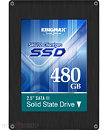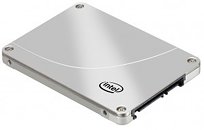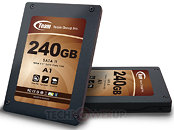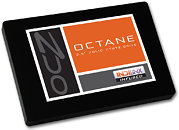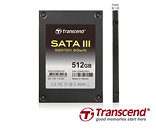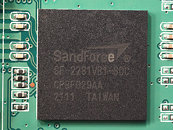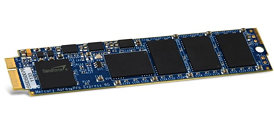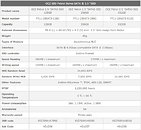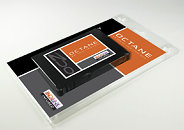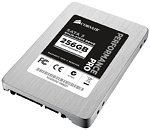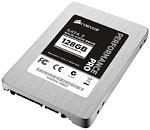Strontium Technology Announces Hawk SSD Series
Strontium Technology has announced a new series of high-performance solid state drives (SSDs) named HAWK. These Hynix-built solid state drives with Strontium branding are based on SandForce's SF2281 controller and SK Hynix Flash. These drives are said to be a good upgrade option featuring 500MB/s of read and write performance and also claim to offer faster performance for PCs and Macs. Needless to say, SSDs feature enhanced durability, shock-proof, silent operation and are more reliable as compared to traditional hard drives.
The 2.5-inch HAWK drive is available in 120GB and 240GB storage capacities. The sequential (256KB, MAX) read speed is 510 MB/s and write speed is 470 MB/s. The random (4KB, MAX) performance is 50,000 IOPS read and 38,000 IOPS write. It comes with support for SATA I/ II/ III interface, TRIM Support (O/S support required) and has a Mean Time between Failures (MBTF) of 1.2M. Strontium HAWK SSD has been designed to offer quicker boot up and shorter lead time in the loading of applications to enhance productivity.
The 2.5-inch HAWK drive is available in 120GB and 240GB storage capacities. The sequential (256KB, MAX) read speed is 510 MB/s and write speed is 470 MB/s. The random (4KB, MAX) performance is 50,000 IOPS read and 38,000 IOPS write. It comes with support for SATA I/ II/ III interface, TRIM Support (O/S support required) and has a Mean Time between Failures (MBTF) of 1.2M. Strontium HAWK SSD has been designed to offer quicker boot up and shorter lead time in the loading of applications to enhance productivity.


